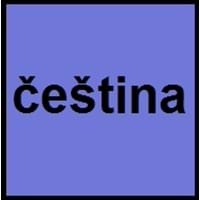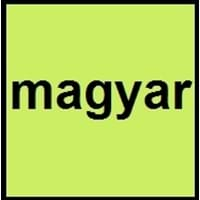Czech vs Hungarian
- The Czech language was known as Bohemian as early at 19th century.
- In czech language, there are many words that do not contain vowels.
- Hungarian language has only preserved most of its ancient elements.
- 'Magyar' is the Hungarian name for the language, the 'Magyar' is also used as an English word to refer to Hungarian people.
Czech and Hungarian Language History
Comparison of Czech vs Hungarian language history gives us differences between origin of Czech and Hungarian language. History of Czech language states that this language originated in 9th Century whereas history of Hungarian language states that this language originated in 1192 AD. Family of the language also forms a part of history of that language. More on language families of these languages can be found out on Czech and Hungarian Language History.
Czech and Hungarian Greetings
People around the world use different languages to interact with each other. Even if we cannot communicate fluently in any language, it will always be beneficial to know about some of the common greetings or phrases from that language. This is where Czech and Hungarian greetings helps you to understand basic phrases in Czech and Hungarian language. Czech word for "Hello" is ahoj or Hungarian word for "Thank You" is köszönöm. Find more of such common Czech Greetings and Hungarian Greetings. These greetings will help you to be more confident when conversing with natives that speak these languages.
Czech vs Hungarian Difficulty
The Czech vs Hungarian difficulty level basically depends on the number of Czech Alphabets and Hungarian Alphabets. Also the number of vowels and consonants in the language plays an important role in deciding the difficulty level of that language. The important points to be considered when we compare Czech and Hungarian are the origin, speaking countries, language family, different greetings, speaking population of these languages. Want to know in Czech and Hungarian, which language is harder to learn? Time required to learn Czech is 44 weeks while to learn Hungarian time required is 44 weeks.





